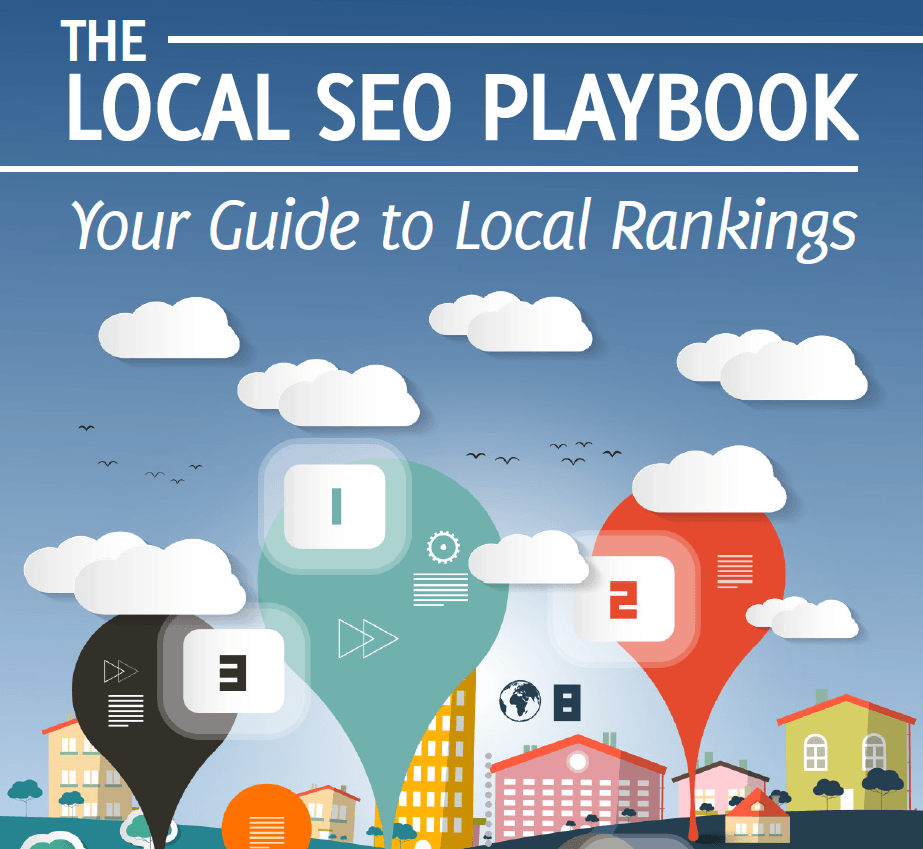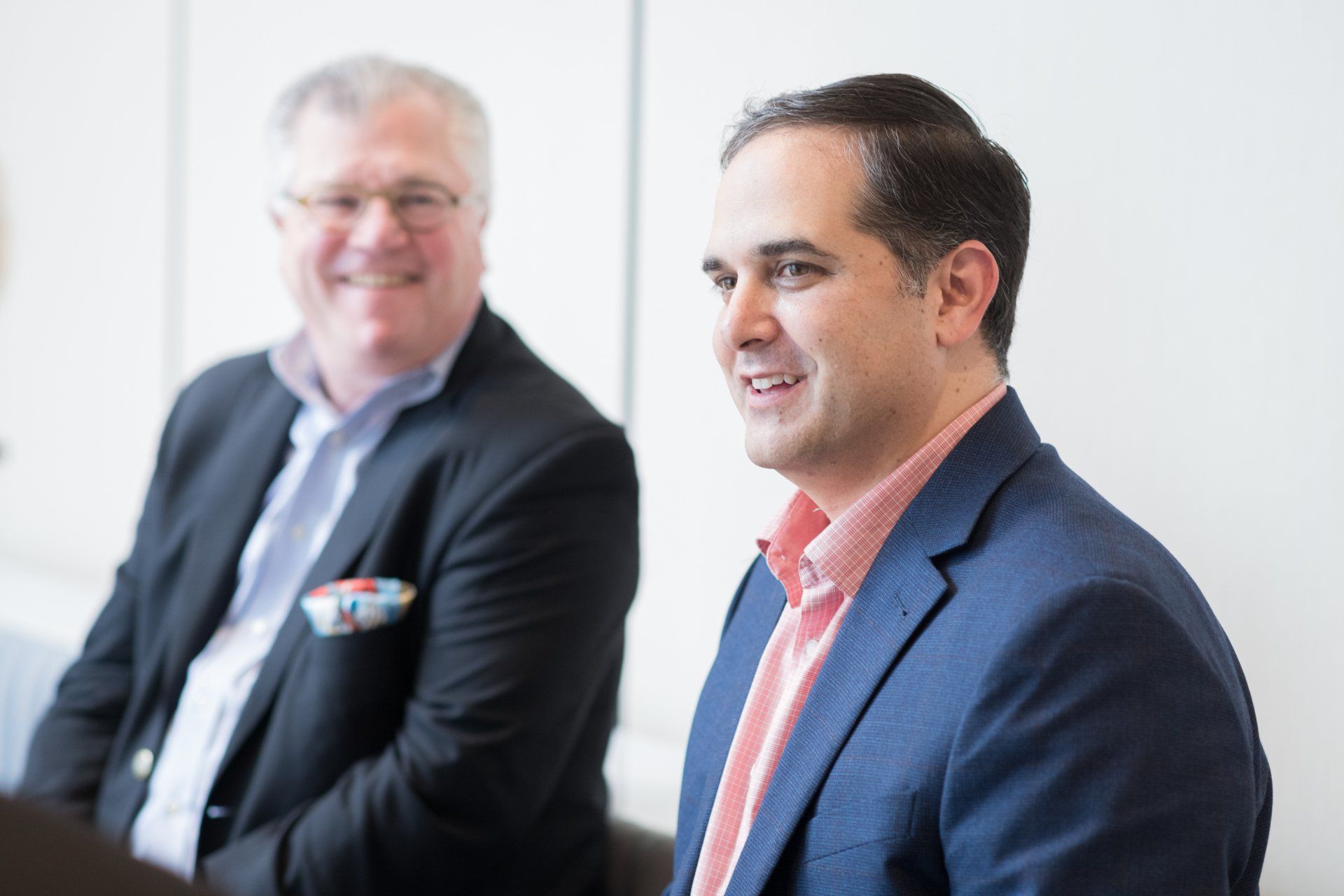This chicken sandwich doesn’t reflect my political views OR When Personal Beliefs and Brands Don’t Mix.
by Dan Gershenson
Should highly visible C-Level executives state their political and religious opinions freely without fear of repercussion to the brand?
I didn’t ask if they can. I asked if they should. Should we defend what is Constitutionally correct if it is strategically inconsistent with the brand?
“The Chick-fil-A culture and service tradition in our restaurants is to treat every person with honor, dignity and respect — regardless of their belief, race, creed, sexual orientation or gender.”
– Chick-fil-A Company Statement
“We are very much supportive of the family – the biblical definition of the family. We are a family-owned business, a family-led business and we are married to our first wives.”
– Chick-fil-A President-Chief Operating Officer Dan Cathy
A few years ago, I was thrilled to partake of a new restaurant that served Italian beef and was adorned with Chicago sports merchandise throughout. It was heavenly. And I suspect because the owner of the restaurant was looking to those heavens on Sunday rather than keeping his store open to Chicago Bears fans who like football and Italian beef that day most of all, his great store closed down soon thereafter. His beliefs were admirable and what he was freely entitled to, but it also sabotaged the big picture of his brand and what his audience wanted.
I’m disappointed in Chick-fil-A President Dan Cathy for this very reason.
Thanks to what he told Baptist Press in an interview, he’s turned where I eat chicken into a statement on whether or not I support gay marriage. If that sounds ridiculous or an overreaction, go to Chick-fil-A’s Facebook page and see the comments for yourself. It’s a full-on discussion of the pros and cons of gay marriage.
Considering the reaction some of my friends had to Mr. Cathy’s public support of traditional marriage, it’s certainly harder for me to a public advocate for that brand on Facebook or elsewhere. Regardless of my stance on the issue.
And that’s too bad. Because from a product standpoint, I love Chick-fil-A. I love their sandwiches, I love their shakes, I love their fries and because I’m 5 lbs. overweight, I probably love it all a little too much.
But now, we can’t have a discussion about a really great product with really great people working there, can we? We have to have a discussion about what eating a damn chicken sandwich means for what we believe politically or religiously.
I’d like a Common Sense Meal, please.
So indulge me enough so we can suspend debate of that political issue for a moment and think about this. Maybe I shouldn’t shop at Whole Foods because I don’t agree with John Mackey’s position on the health care debate. Maybe I shouldn’t be a Cubs fan because a member of Ricketts family wanted to run a vicious anti-Obama ad. Maybe the CEO of Macy’s says something tomorrow in conflict with my beliefs…do I avoid the next 50% Off Sale?
Maybe some actually will and do in these circumstances. That’s their right and I respect that decision.
But also respect that I’m still going to go to Cubs games. I’m still going to shop where I want to shop. I’m still going to eat where I want to eat. And I’m not the one in the wrong for doing so.
When the customer/brand advocate has to be moved from defending the brand’s product or service to an uncomfortable position of defending the CEO’s beliefs, I don’t place blame on the customer. I place blame and full responsibility on the executive for putting them in that potentially difficult position at all.
Yes, they are entitled to their beliefs. It is their American right. Whether or not it actually is right.
BUT just because something is covered by freedom of speech doesn’t make it a good idea for the brand. Not by a longshot.
The conversation shouldn’t be about Christianity or gay marriage or traditional marriage or Southern Baptists.
The conversation should be about the fact that people love to camp out before a Chick-fil-A store’s grand opening. It should be about the fact that people love those cow mascots of theirs so much that they’ll clamor for a cow calendar. It should be about a product that is fantastic in my book, not The Book.
Sometimes the conversation has been about the fact that the chain is closed on Sundays and what that means, but it hasn’t really been a major dividing line.
This is where the “If you don’t like it, don’t eat there” argument is too easy. I love the product. But what if I just think its chief executive has the wrong opinion? Why can’t I have both? Are we really that stupid that we can’t distinguish the difference?
But I’m not going to suggest that Chick-fil-A should be left off the hook either. What I’m talking about is evolution. No, not “Evolution,” but brand evolution. As in taking a hard look and realizing expansion demands adjustment to new demographic audiences and adjustment to new times. When the city of Boston declares it’s not going to allow the company to open franchises there, that should be a signal that a re-evaluation may be in order. Truett Cathy founded Chick-fil-A in a Georgia suburb in 1946. Well, it’s not 1946 and the brand isn’t just in Georgia anymore.
Brands and the values that go with them should be allowed to naturally evolve as they expand, especially as they enter more cosmopolitan and diverse areas rather than rural ones. 12 years ago, the closest Chick-fil-A from me was three hours away in downstate Bloomington, Illinois. Today, it’s steps from Michigan Avenue and less than 3 miles from the most predominantly gay neighborhood in Chicago.
The next move should be an apology from Dan Cathy, but not for the reason you may think. It should be because of the fact that he made himself the story when he’s not and shouldn’t be . He should issue a statement personally that sounds like so:
“My political and religious beliefs are my own and not a reflection of Chick-fil-A’s company policy, which aims to be inclusive to all sexual orientations. I apologize to every employee who serves our brand and every customer who consumes our brand, who may have been offended by my recent statements. I take responsibility for putting you in a potentially difficult and uncomfortable position of defending beliefs you may not share. ”
I don’t want religion and politics brought into where I eat chicken. The guy who makes that chicken should get that too. For the good for the brand, at the very least.
The Fractional CMO







